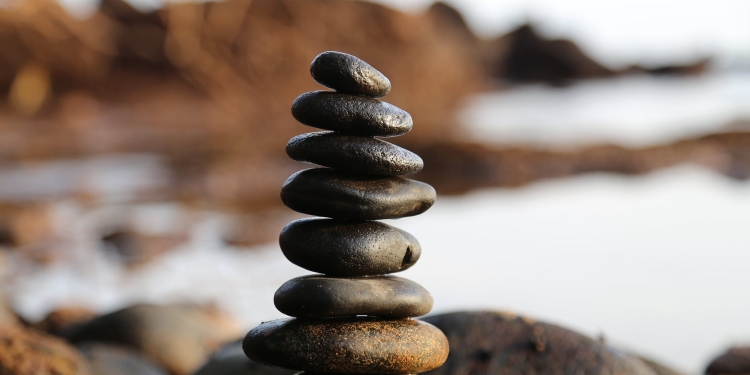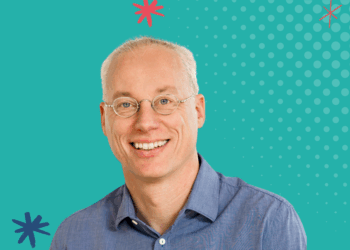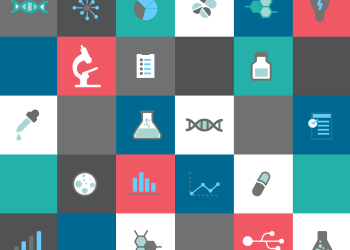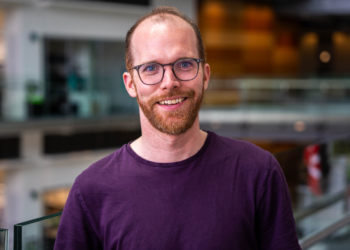This is the last in a short series of articles about mental health in research, adapted from a project Marta Oliveira, Laura Breimann and Lorena Lopez Zepeda developed as MDC PhD representatives.
What if we can’t cope on our own?
Sometimes our life needs some structure to help us manage the stress of a huge project without clear goals. There are so many creative ideas such as inclusion of routines, going to stress reduction courses, practice meditation, as well as regularly seeing a therapist or a life coach. Some of these ideas can improve your life tremendously. However, what works for some does not work for others, and that’s why I encourage you to find your own way. You can start with the resources below.
Resources online
 There are many resources online that can help us manage mental health and improve wellbeing. The charity Mind has a wide range of resources available, from for everyday living to how to keep your mental health at work, and how to support others. You can also find more specific graduate student focused material, collected by students at Berkeley in “Thriving in Science“. Mentalhealth.org is also a great resource, with tips for everyday life and lots of material.
There are many resources online that can help us manage mental health and improve wellbeing. The charity Mind has a wide range of resources available, from for everyday living to how to keep your mental health at work, and how to support others. You can also find more specific graduate student focused material, collected by students at Berkeley in “Thriving in Science“. Mentalhealth.org is also a great resource, with tips for everyday life and lots of material.
Seeking professional help
 When things get “too much”, and we can’t cope with the distress, it is extremely important to ask for help. While family and friends may offer a listening ear, specialized help can empower you to deal with the stress you are experiencing and work on important topics for you on a regular basis. Finding a therapist might not be the easiest nor the fastest task, but starting early helps a lot. Many European health insurance providers pay for some sessions, while many institutes and universities have specialised therapists. Inform yourself of your options.
When things get “too much”, and we can’t cope with the distress, it is extremely important to ask for help. While family and friends may offer a listening ear, specialized help can empower you to deal with the stress you are experiencing and work on important topics for you on a regular basis. Finding a therapist might not be the easiest nor the fastest task, but starting early helps a lot. Many European health insurance providers pay for some sessions, while many institutes and universities have specialised therapists. Inform yourself of your options.
Mindfulness courses for stress reduction
 Mindfulness meditation is loosely defined as practicing paying attention to the present moment and experiencing the flow of consciousness, including thoughts, feelings and sensations, in a non-judgemental way. There is a growing body of evidence showing that it can be beneficial in maintaining good mental health, building resilience to stress and potentially alleviating certain mental health disorders.
Mindfulness meditation is loosely defined as practicing paying attention to the present moment and experiencing the flow of consciousness, including thoughts, feelings and sensations, in a non-judgemental way. There is a growing body of evidence showing that it can be beneficial in maintaining good mental health, building resilience to stress and potentially alleviating certain mental health disorders.
Importantly, do not substitute mindfulness meditation for therapy. If you feel you might be experiencing symptoms of mental illness, contact a health professional before engaging in meditation exercises.
Guided meditation apps are rising in popularity, such as Headspace, Simple Habit or Baloonapp. They provide an easy way to figure out if meditation is beneficial for you.
Social media
 If social media works for you, find pages from people or organisations who advocate taking care of yourself, like @ithinkwellHugh on twitter or @letstalkaboutmentalhealth @notesfromyourtherapist on Instagram.
If social media works for you, find pages from people or organisations who advocate taking care of yourself, like @ithinkwellHugh on twitter or @letstalkaboutmentalhealth @notesfromyourtherapist on Instagram.
[td_smart_list_end]
Take home message
Doing a PhD or working on a challenging research project can push us to the edge, and that’s normal and happens to all of us. There are many ways of taking care of ourselves, from doing sports regularly to meditation, to meeting friends or seeing a therapist if we can’t cope alone. We opened the debate, this is just a start. And remember: be nice to yourself.
Read more on this topic
7 reasons why we get stressed during our PhD explores the reasons why PhD students find themselves stressed, and the importance of acknowledging mental health issues.
Let’s talk about mental health focuses on the warning signs, the definitions and how to understand your mental health status.
5 tips to take care of yourself during your PhD provides some suggestions on how you can alleviate your stress and prioritise your mental health during your PhD.
Feeling overwhelmed by academia? You are not alone summarises advice from several researchers on how to maintain good mental health in the hyper-competitive environment of science.
Downloadable poster guide: Mental Health During Your PhD
About the author
 Marta Oliveira is a PhD researcher in MDC Berlin, Germany, studying the role of microtubule dynamics in angiogenesis. She is passionate about transforming academia into a safe, inclusive and dynamic workspace.
Marta Oliveira is a PhD researcher in MDC Berlin, Germany, studying the role of microtubule dynamics in angiogenesis. She is passionate about transforming academia into a safe, inclusive and dynamic workspace.
Marta, an EACR member, has written a series of articles for us around the topic of mental health. This series is an adaptation of a project she, Laura Breimann and Lorena Lopez Zepeda developed as MDC PhD representatives. The original project website can be found here.
Marta’s email: marta.oliveira.scientist@gmail.com
Marta’s LinkedIn & Twitter.
Icons made by Freepik from www.flaticon.com.










